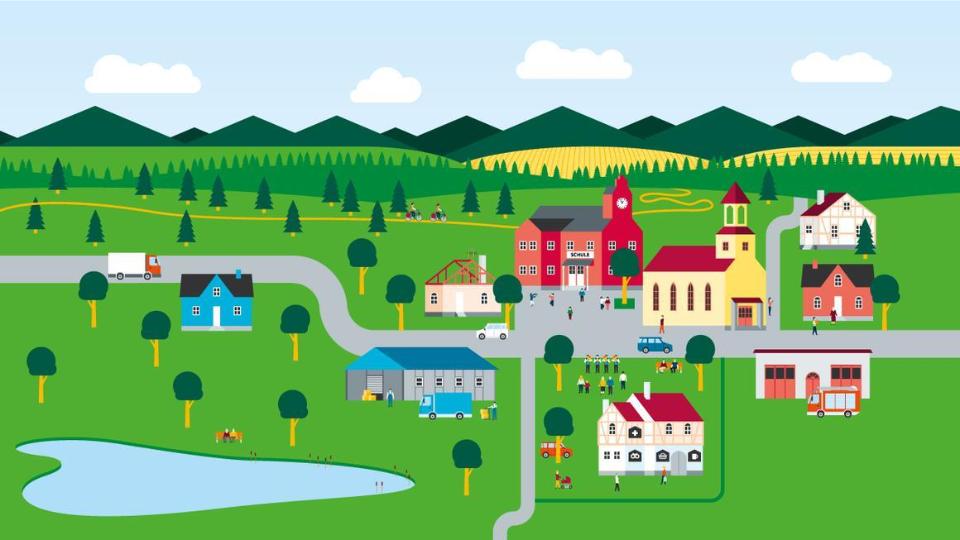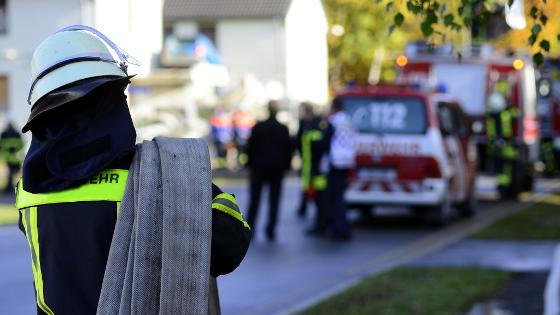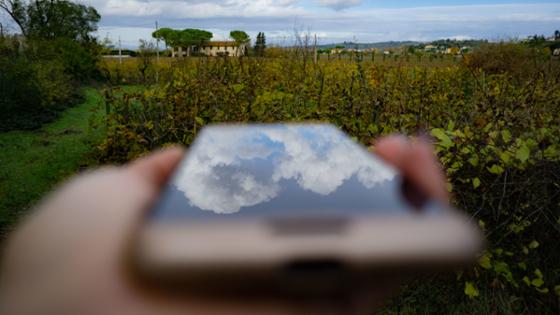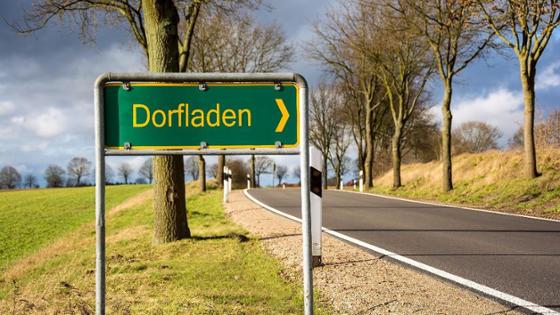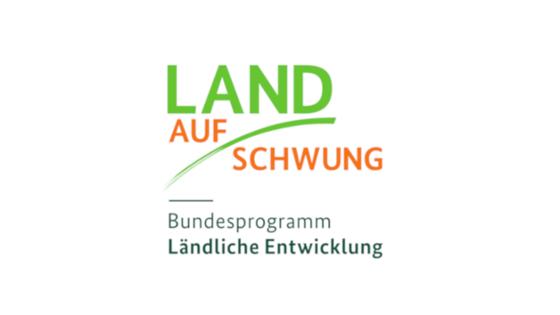Federal Rural Development Scheme - Contents and Objectives
The Federal Rural Development Scheme (BULE) promotes model projects, model regions, contests, research and knowledge transfer. Local communities transform rural areas into dynamic laboratories of the future for the development of our society.
Strengthening rural areas and creating equal living conditions across Germany are among the core responsibilities of the Federal Ministry of Food and Agriculture (BMEL). The scheme incorporates the valuable experiences of those involved in actively confronting the challenges on the ground. The knowledge and commitment of the people living in villages and small towns are valuable resources that need to be utilised. This is precisely the aim of the Federal Rural Development Scheme.
Model projects and model regions
Model projects receive funding through the Federal Rural Development Scheme (BULE) because they can serve as role models for rural development across Germany. The Federal Scheme publishes calls for funding for model projects, thereby acting as a seismograph of rural development. The BMEL promotes model regions in order to trial specific concepts in different regions – for instance a regional budget or digital applications. Outstanding ideas and groundbreaking solutions for current and future challenges in rural regions are tried and tested, promoted, systematically evaluated and then disseminated. The aim is to present outstanding examples to people in other regions in order to provide them with an impetus and the necessary knowledge for a successful implementation of these solutions. In this way, rural areas become laboratories that experiment with concepts for tomorrow's society.
Research promotion and knowledge transfer
Besides the promotion of innovative approaches in villages and small towns, research and knowledge transfer also play a major role in the Federal Rural Development Scheme. In order to gain scientific insights into key topics of rural development, the BMEL initiates calls for research funding. This research then lays the foundations for implementation in practice. In addition to this, all support activities are monitored and evaluated by experts and outcomes are communicated. With this dovetailing of fieldwork and technical knowledge, the BMEL aims to ensure that good ideas can have a supra-regional impact. The technical analysis also leads to insights about where the framework might need to be adjusted. These results are integrated into policies for rural regions.
To date, more than 2,000 projects have been supported and implemented across Germany with funding from the Federal Rural Development Scheme (BULE).

